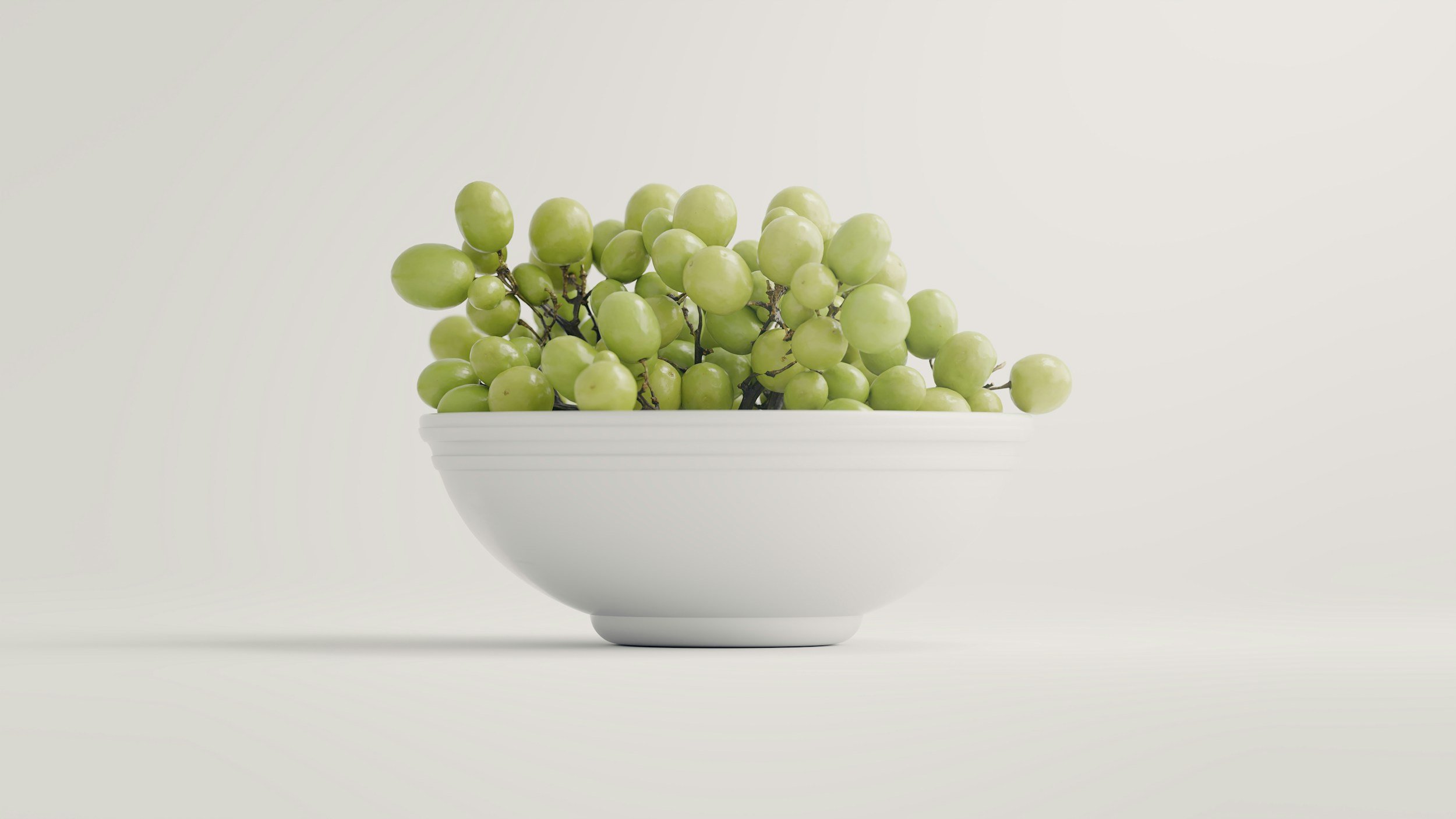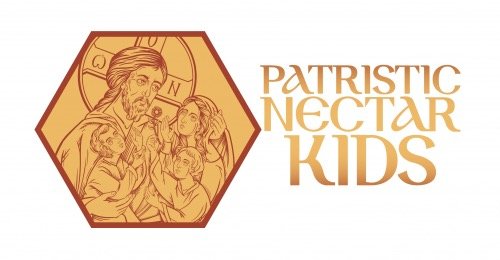Living Liturgically in August
On this page you will find resources for popular feast days celebrated in the Orthodox Church in August
Here is a collection of blogposts for feast days and saints celebrated in the month of August. In each of these blogs you will find summarized information about the feast/saints, activity suggestions for younger and older kids, reading suggestions and more. These are not just activities for activities sake, of course. My hope is that these will aid you in sharing more about our faith with your children in a way that is developmentally appropriate, allows for their exploration and participation in the feast, and hopefully cultivate a rich soil in their hearts that allows the seed of Truth that stays with them all the days of their life. I absolutely love learning more about the saints and feast days and try my best to set them apart from other days. I hope these resources are a blessing to you!
August is a unique month! The Church is bringing our focus back, once again, after a busy summer of feasting and celebrating. We begin with the Dormition Fast on August 1st, the final fasting season in the year. We also will celebrate 2 Great Feasts this month: Dormition & Transfiguration - two of the 12 Great Feasts of the year! As we turn our focus to the end of the Liturgical calendar, we begin to prepare our hearts for the new Liturgical year which begins September 1st.
The beheading of St John the Baptist is a strict fasting day. His feast day is always observed with strict fasting, and in addition, many pious Orthodox Christians will not eat food from a flat plate, use a knife, or eat round food on this day. Why? It’s to help us remember the story of St John’s beheading, as his head was served on a platter and given to Herodias’ daughter, according to the Scriptures. By avoiding a knife, plate, and round things, we are avoiding serving anything that resembles a head on a platter. The challenge itself reminds us of the story, and since it’s a solemn feast, we fast on this day.
All of my favorite feast day traditions have some food-related theme to them. St Phanourios, or the baking of the phanouropita, is one of my absolute favotires and just so happens to feast day tradition that sparked my love for learning more about the cultural food traditions celebrated throughout the world! This year, we had the joy of serving phanouropita for coffee hour!
Have you ever heard of St. Phanourios, the patron saint of lost things? St Phanourios is known in the Orthodox Church as a saint who helps people find lost or stolen items. We can ask the Saints for help! We ask St. Phanourios to help us find whatever we lost, and when we find it, we bake a cake and share it with friends and loved ones as a way of giving thanks. This special tradition comes from Greece and the special olive oil citrus cake is called “Phanouropita!” In this blogpost, I am sharing the recipe for a simple baked phanouropita donut, which is ideal for sharing with others, an important element in the tradition!
St Phanourios is considered the patron saint of lost things. In this guide you’ll find simple and easy ideas to celebrate the feast of St Phanourios with your kids - including feast day traditions, activity suggestions, book recommendations, and additional information so you can share his story so together you can grow to love him even more!
As I was preparing for the feast of Holy Transfiguration (August 6), I had a brilliant idea to create a “Light of Christ” Night Light! This is a simple project just about anyone can do! Check out this blogpost for simple instructions and links to purchase anything you see here!
Holy Transfiguration is always celebrated on August 6th and is one of the 12 Great Feasts in the Orthodox Church. It is when we remember in Luke 9 & Matthew 19, when Jesus took Peter, John, and James and up on a mountain to pray, and as He prayed, He was transfigured before them. Feast Day Tradition: On this feast day, in many churches, the faithful will bring grapes or other fruit/vegetables to be blessed. It’s a beautiful reminder of the final transfiguration of all things in Christ where all of creation will be transformed by the Glory of the Lord.
These monthly guides simplify and streamline the Church Year into one-page, beautiful printable.
The Dormition Fast is the final fasting season in the Liturgical year. It is one of the four canonical fasting periods of the Orthodox Church year. The duration of the Dormition Fast is always August 1-14th, concluding on the Great Feast of the Dormition of the Theotokos (August 15th). As we recognize this significant shift in our liturgical calendar, I wanted to provide resources and ideas in this guide to help guide you and your families. May this be a fruitful season for us all!
In the Orthodox Christian church, we spend approximately 180 - 200 days fasting in a year. The Church has given us fasting as a tool for salvation and acquiring the mindset of Christ. St. John of Kronstadt states, “They [fasting and prayer] cleanse us from sin, they lead us to spiritual peace, to union with God, to sonship, to boldness before God.” Fasting is not something to dread, on the contrary, it’s something to help our spiritual life and help us draw closer to God.
But, what about fasting as a family with young children, a pregnant or nursing mother, and a father who all may need to fast differently? These circumstances add an element to fasting that is unique to some seasons of life. What do the Church fathers say concerning fasting and family life? Why are pregnant and nursing mothers often given a less strict fasting rule?
Over the past few months, I have been collaborating with Patristic Nectar Kids to create feast day videos for Orthodox Families. So far we have created 10 Episodes! You can see direct links to these episodes below!
Be sure to follow @PatristicNectarKids and text “PNP” to 53-555 to become a regular donor and get access to behind-the-scenes emails from the PNP team!
We know from the Bible that St. John lived in the wilderness, preaching repentance, preparing the people’s hearts to receive Him and paving the way for our Lord’s ministry. Did you know what he ate while in the wilderness…. ? Locust and honey! For his feast day, we made some yummy crescent rolls to look like locust, and topped them with honey!
It is easy to feel overwhelmed by the amount of feast days, saint days, fasting periods, etc. So my hope with these monthly printables is to pair it down for you. Let’s make a goal to learn about ONE saint this month, and do ONE activity this month related to a featured saint. Throughout the month, learn ONE hymn by singing it together every day, or as often as you can. And lastly, intentionally carve out time to create a strong family culture in your home (in the Family Corner section).
The beheading of St John the Baptist is a strict fasting day. His feast day is always observed with strict fasting, and in addition, many pious Orthodox Christians will not eat food from a flat plate, use a knife, or eat round food on this day. Why? It’s to help us remember the story of St John’s beheading, as his head was served on a platter and given to Herodias’ daughter, according to the Scriptures. By avoiding a knife, plate, and round things, we are avoiding serving anything that resembles a head on a platter. The challenge itself reminds us of the story, and since it’s a solemn feast, we fast on this day.
In this guide you’ll find simple and easy ideas to celebrate the feast of St Phanourios with your kids - including feast day traditions, activity suggestions, book recommendations, and additional information so you can share his story so together you can grow to love him even more!
Here’s an idea for you to celebrate the Feast of the Dormition of the Theokotos. Consider hosting a Dormition tea in honor of the Theokotos! This can be done before or after the feast - so you’ll need to adjust the menu depending on if it’s fasting or not.
The Feast of the Dormition is often associated with the blessing of flowers and herbs. This is because the fragrance of the flowers and herbs reminds us of the scent of holiness, which filled the empty tomb of the Theotokos. In many places it is still the custom to bring herbs and flowers on this feast day to be blessed. As a beautiful tribute to the Theotokos, and the Feast of Dormition, I’m sharing this recipe for making edible flower shortbread cookies!
Holy Transfiguration is the event in Luke 9 & Matthew 19, when Jesus took Peter, John, and James and up on a mountain to pray, and as He prayed, He was transfigured before them. The Feast is always celebrated on August 6th and is one of the 12 Great Feasts in the Orthodox Church. Feast Day Tradition: On this feast day, in many churches, the faithful will bring grapes or other fruit/vegetables to be blessed. It’s a beautiful reminder of the final transfiguration of all things in Christ where all of creation will be transformed by the Glory of the Lord.
The Dormition Fast is the final fasting season in the Liturgical year. It is one of the four canonical fasting periods of the Orthodox Church year. The duration of the Dormition Fast is always August 1-14th, concluding on the Great Feast of the Dormition of the Theotokos (August 15th). As we recognize this significant shift in our liturgical calendar, I wanted to provide resources and ideas in this guide to help guide you and your families. May this be a fruitful season for us all!
August is a unique month! The Church is bringing our focus back, once again, after a busy summer of feasting and celebrating. We begin with the Dormition Fast on August 1st, the final fasting season in the year. We also will celebrate 2 Great Feasts this month: Dormition & Transfiguration - two of the 12 Great Feasts of the year! There are many opportunities to lean into the Liturgical year this month, and many more opportunities to bring Christ into our homes.





















By popular demand, here a 12 month bundle with all of the prints in one easy download. Last year, I was making these prints as I went throughout the year, so we finally now have 12 months (with adjusted dates for 2025) all in one!